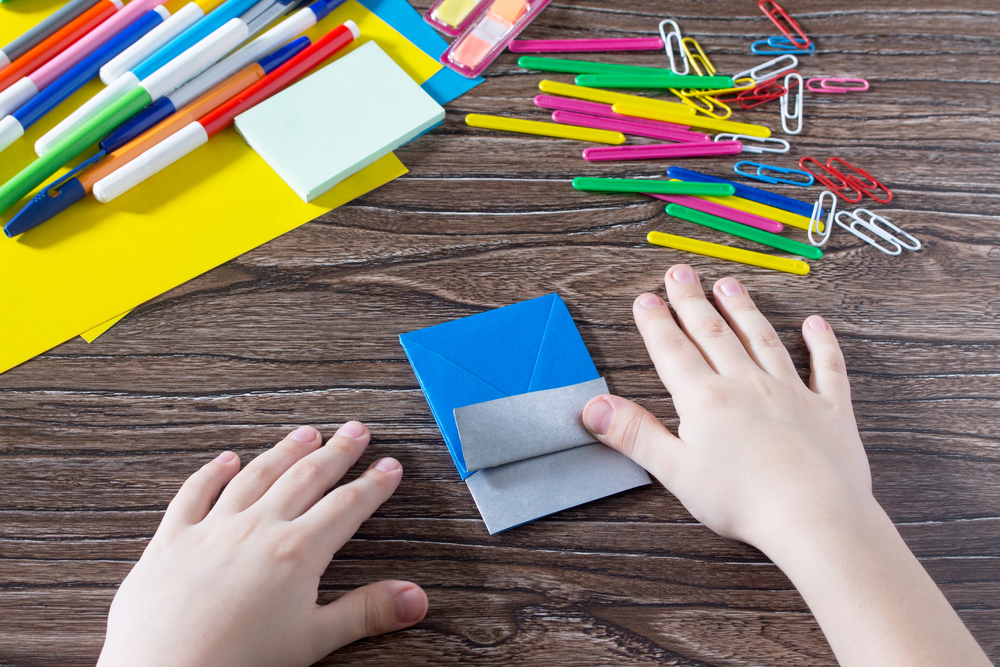Understanding Quantities Easy Worksheets for Ages 6-8
6 filtered results
-
From - To
Welcome to "Understanding Quantities Easy Worksheets for Ages 6-8!" Our engaging activity sheets make learning quantities enjoyable for young minds. Tailored for children ages 6-8, these worksheets help build a strong foundation in mathematics by using fun exercises and colorful visuals. Students will explore concepts like counting, comparing sizes, and understanding basic numerical values through hands-on practice. Ideal for at-home learning or classroom use, our resources aim to boost confidence and improve mathematical proficiency. Watch your child unlock new skills with every completed worksheet and take the next step in their educational journey!
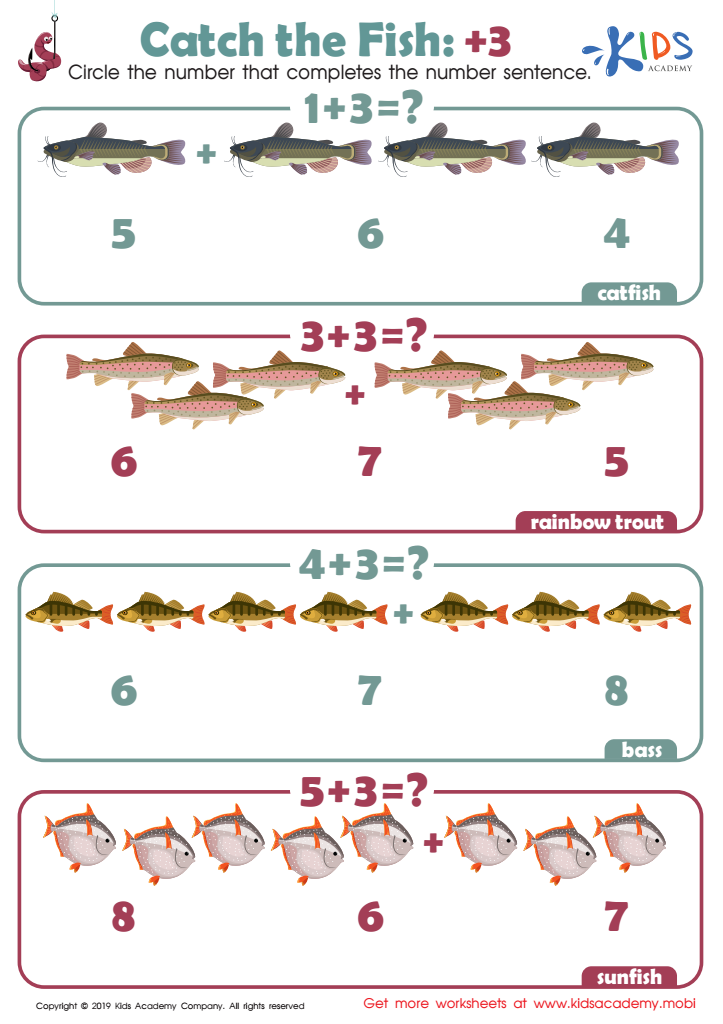

Catch the Fish: +3 Worksheet
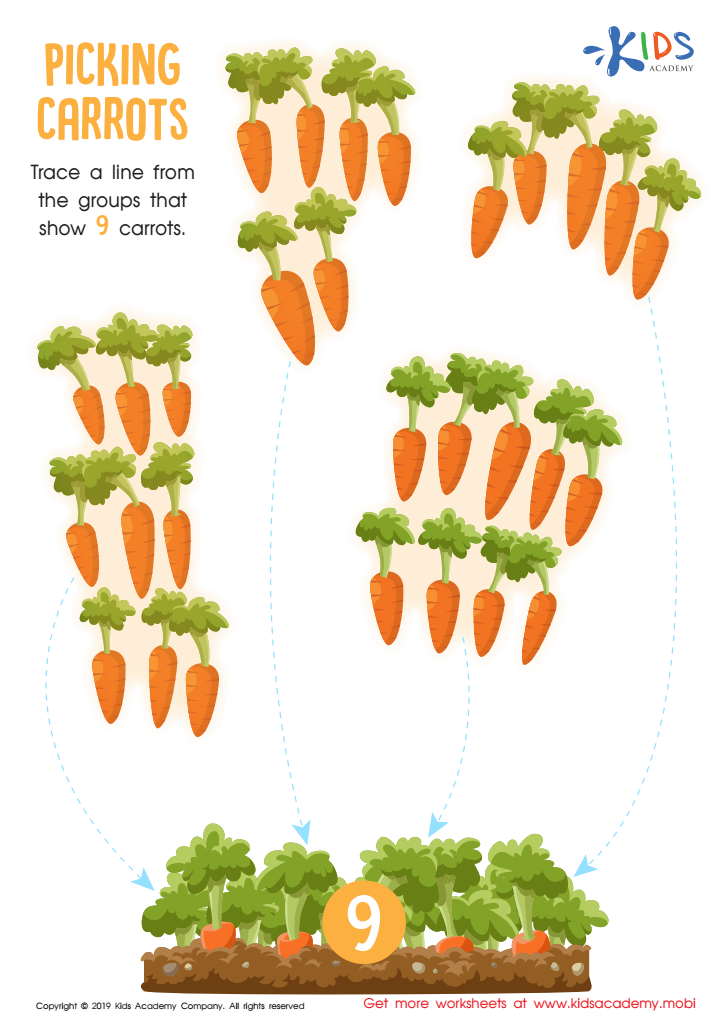

Picking Carrots Worksheet
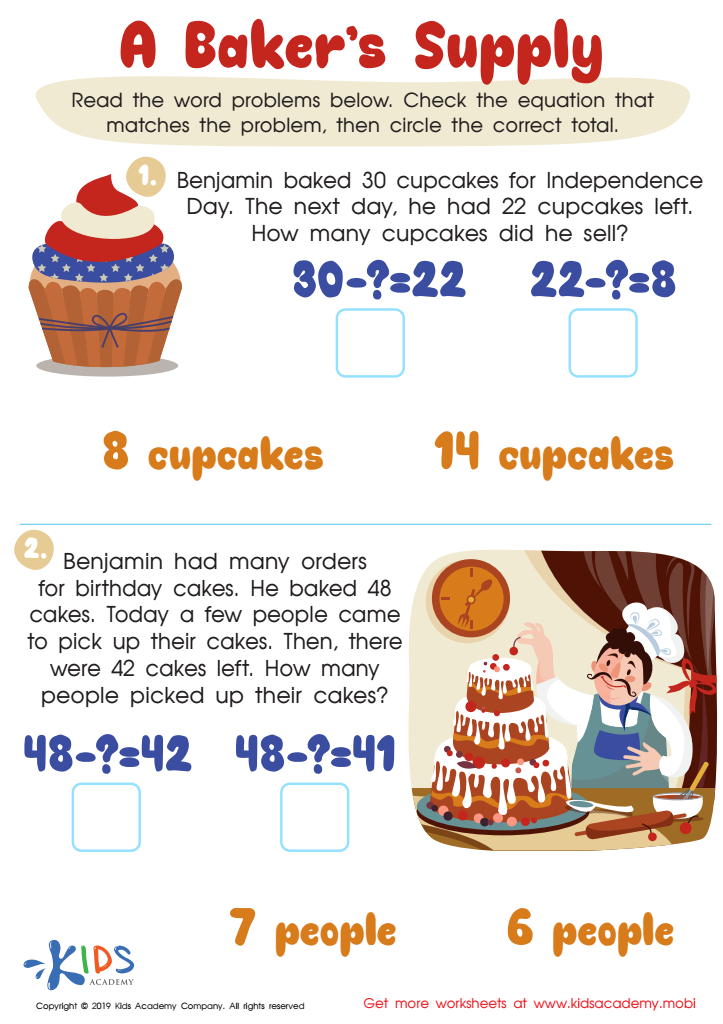

A Baker's Supply Worksheet
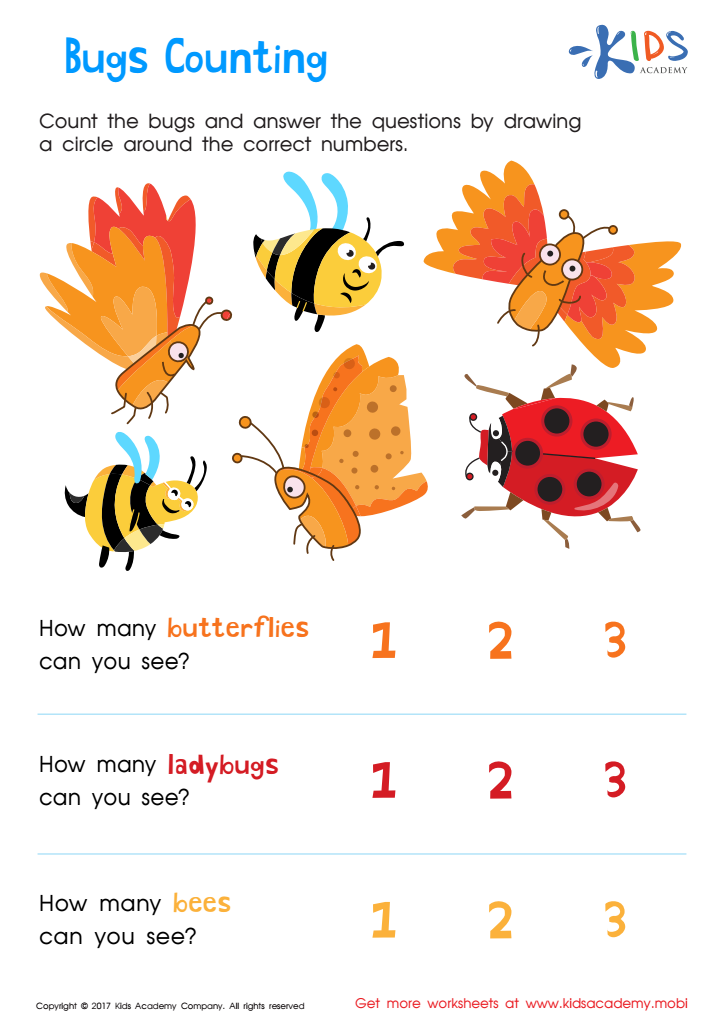

Bugs Counting Worksheet
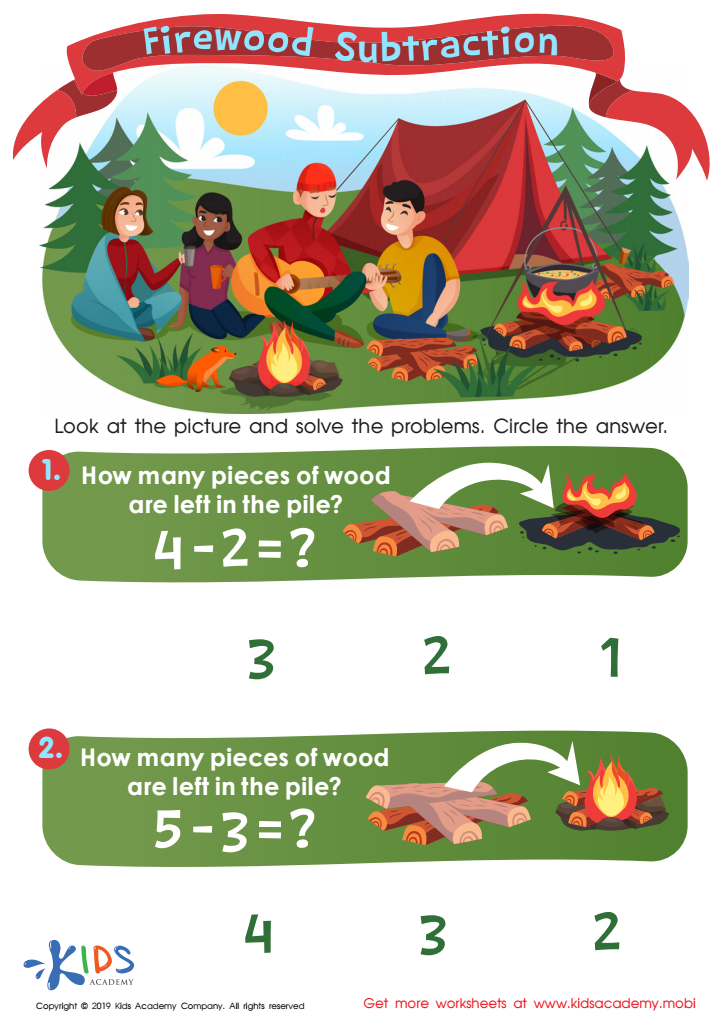

Firewood Subtraction Worksheet
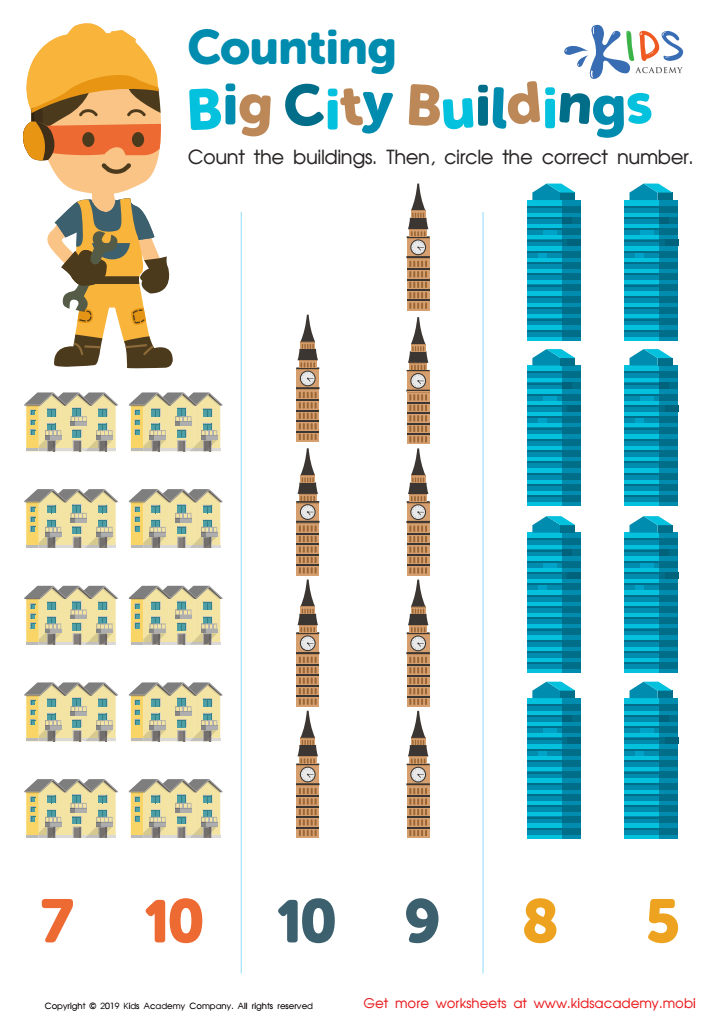

Counting Big City Buildings Worksheet
Understanding quantities is fundamental for children ages 6-8 as it lays the foundation for their future mathematical learning and everyday reasoning skills. At this age, children's brains are at a developmental stage where concrete experiences are crucial for grasping abstract concepts.
When parents and teachers focus on helping young learners understand quantities, they support the growth of number sense—a vital skill that encompasses recognizing numbers, understanding their values, and comprehending the relationships between them. Number sense is essential for everyday tasks such as telling time, measuring ingredients, or handling money.
Moreover, familiarity with quantities aids in developing problem-solving abilities. For example, kids who understand the concept of more and less can more easily tackle simple arithmetic operations like addition and subtraction. This confidence in early math builds a solid base for more advanced topics, such as fractions and multiplication.
By incorporating activities that emphasize counting, measuring, and comparing groups of objects, adults can make learning about quantities engaging and playful. This early investment in understanding quantities not only supports academic success but also fosters a positive attitude toward math, reducing anxiety and building lifelong numeracy skills. Hence, parents and teachers who prioritize this aspect of early learning provide their children with invaluable tools for their personal and academic growth.
 Assign to My Students
Assign to My Students


.jpg)

